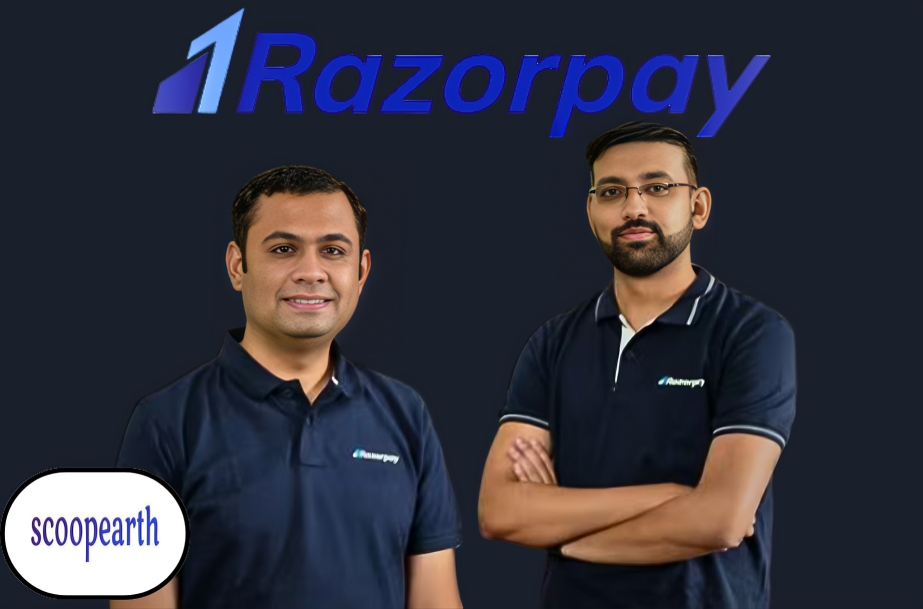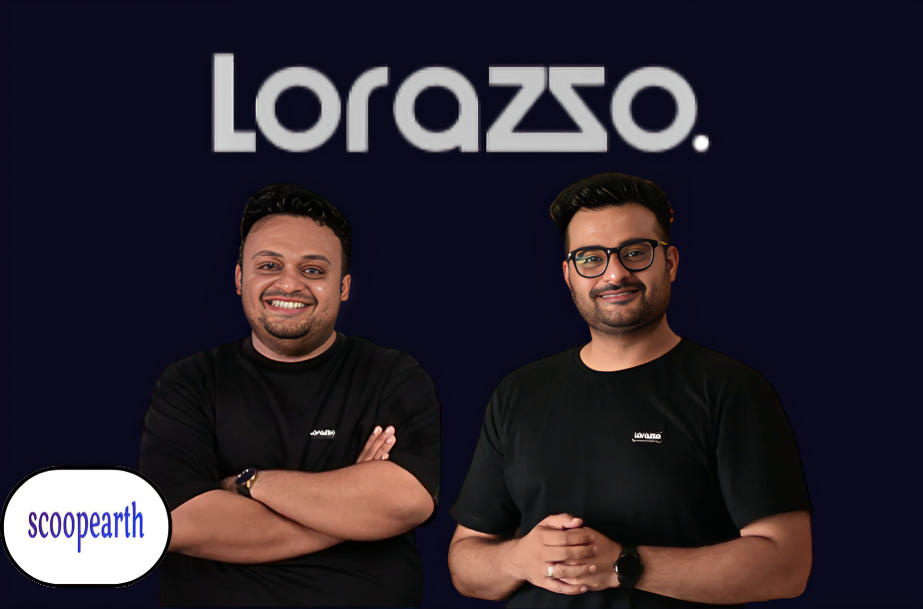Meet Anirudh Sharma: Founder of Digantara that protects India’s Satellites
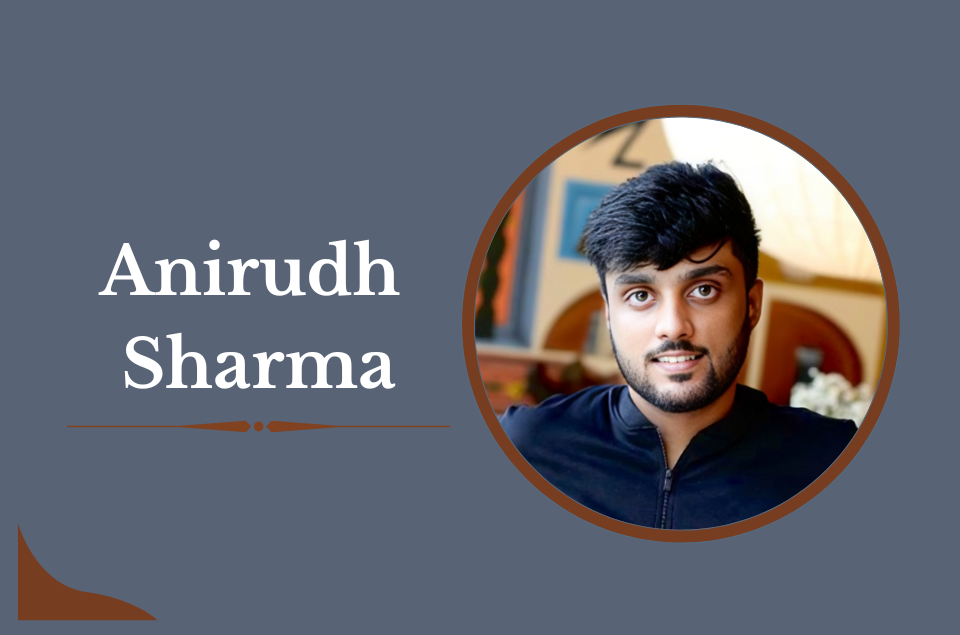
SUMMARY
Introduction
We rely on satellites every day, but these satellites face hidden danger from space junk. These are small pieces of old satellites, rockets, and debris from collisions, revolving around the Earth at speeds of up to 17,000 miles per hour. The speed of these pieces is so great that even a tiny fragment can smash into a satellite and disrupt services like GPS, communication networks, and weather updates.
Anirudh is transforming the space tech market with Digantara by proving that big problems can have smart and simple solutions. The startup aims to tackle these problems head-on and protect India’s satellites from any danger. This article explores how Anirudh’s Digantara transforms the Indian space tech scene, its impact, and the journey of Digantara.
Anirudh Sharma: Early Life and Education
Anirudh grew up in Bengaluru, and his curiosity for space began in his childhood, as his father was an aerospace engineer working in DRDO. Anirudh was good in mathematics and physics and won various awards at science fairs with his projects. He pursued his higher studies in the Bachelor of Technology program in computer science from Lovely Professional University.
Apart from learning programming skills, he joined the university’s satellite club. There, he dived deep into the world of space systems, learned about satellites, designed and tested miniaturized satellites under Indian Space Research Organization mentorship. While working on projects, he saw the hidden threat of debris to small satellites. This sparked the idea to create debris-tracking solutions.
The journey of Digantara
The startup was formed as a student satellite project. In 2018, while teaming up to complete a project, Anriudh registered “ Digantara” to build satellite components and serve international satellite developers. Later, he saw a gap in the space industry and the risk from space junk. That’s when the company’s focus shifted to space situational awareness. Digantara is a Sanskrit word that means universe or space. This name captures the company’s image and mission perfectly.
The startup tracks in real-time and prevents satellites from crashing. Anriush pointed out that with more satellites launched every year, particularly from India, this was an important step to take. The space tech startup aims to give satellite operators a tool to track and dodge space junk while keeping satellites running smoothly.
How does it work?
There are thousands of tracked objects in orbit, with more small pieces that ain’t even visible. These leftovers from previous launches can collide with working satellites and create even more debris, leading to bigger problems. Digantara solves this problem by combining its high-tech tools, like optical sensors and radar.
By using software expertise with aerospace engineering and optics, Digantara has developed a prototype of ground-based telescopes and a compact space camera. They augmented hardware trials with a machine learning algorithm to create a debris-tracking system that’s capable of differentiating debris fragments from operational satellites.
These tools track debris from the ground and use machine learning to collect all the data. The system figures out the position of space junk, its route, and if it will collide with the satellite. They act as a GPS for space and provide satellite operators with real-time updates to move equipment before it gets harmed.
Digantara’s impact on India’s space tech market
India’s space tech sector is growing exponentially with each passing day. The country has been launching satellites for everything from TV signals to weather updates, and tracking cyclones or exploring other planets. However, more satellites mean more space junk, hence more danger for working satellites. One hit from these wastes can fumble a million-dollar space mission. Ignoring this issue would have cost us time, money, and effort.
Digantara came as a guardian for Indian space assets with its debris-tracking solution. The startup has attracted various investors for its seed and series A funding rounds due to investors’ rising interest in the space economy. The company collaborated with academic institutions for R&D, recruited talents, and nurtured them for orbital traffic management. Their success motivated other companies in the space tech market to work on space debris removal.
This is a huge protection not only for satellites but also for India’s security, as these satellites support everything from rural internet access to national security. Digantara helps to keep space sustainable. If we ignore this problem, it could lead to a disaster called Kessler Syndrome. The period when space will be so cluttered with junk that no one will be able to use it anymore. Using a tracking device to avoid collision can keep space clearer for future missions.
Challenges and Road Ahead
Space junk is a global issue, with satellites from various nations contributing to all the debris. To solve this problem, Digantara needs to team up with other countries and share data. The space-related rules and regulations state that startups like Digantara must work with agencies like ISRO and the United Nations.
Apart from these restrictions, the technology involved is also tricky. The small debris pieces are also hard to spot, and tracking millions of objects requires lots of computing power. However, Digantara is moving forward with its plans to grow a network of sensors into a constellation of 20 dedicated microsatellites in the next three years.
FAQs:
How does Digantara track space junk?
They use radar, optical sensors, and data from lots of sources, plus machine learning, to map debris and predict its path.
What makes Digantara’s approach unique?
Their mix of AI and real-time data gives super-accurate predictions, helping satellites dodge junk better than older methods.
How does Digantara help protect India’s satellites?
They warn operators about incoming debris so satellites can move, keeping India’s space missions safe and running.
What partnership opportunities does Digantara offer?
The company collaborates with space agencies, defense organizations, academic institutions, and commercial operators for R&D, data-sharing agreements, and the development of specialized sensors or analytics modules.
How does Digantara support the sustainable use of space?
By providing transparent, data-driven insights into orbital congestion and offering predictive models for debris growth, Digantara helps regulators and operators.
Note: We at scoopearth take our ethics very seriously. More information about it can be found here.


